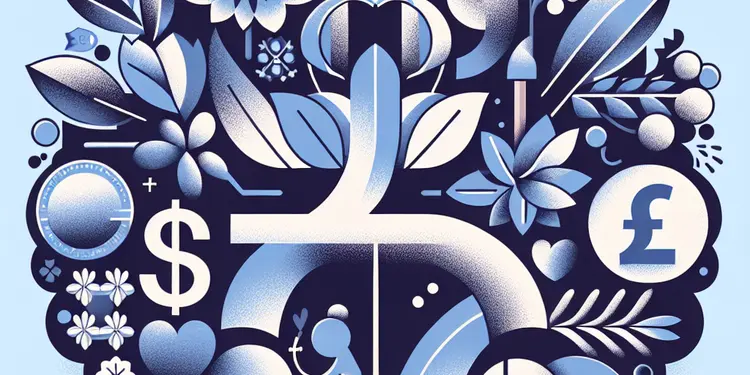
Find Help
More Items From Ergsy search
-
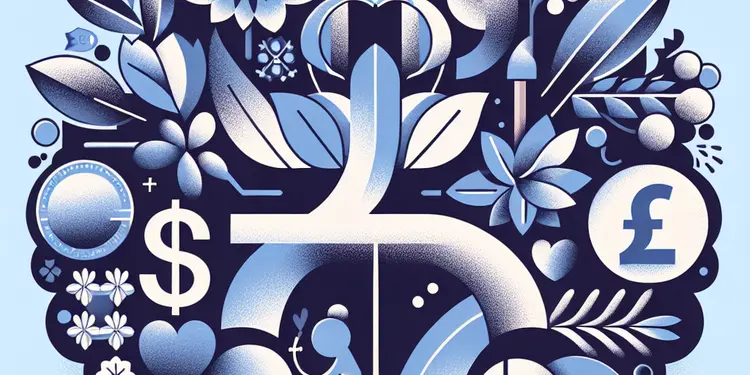
What causes postnatal depression?
Relevance: 100%
-
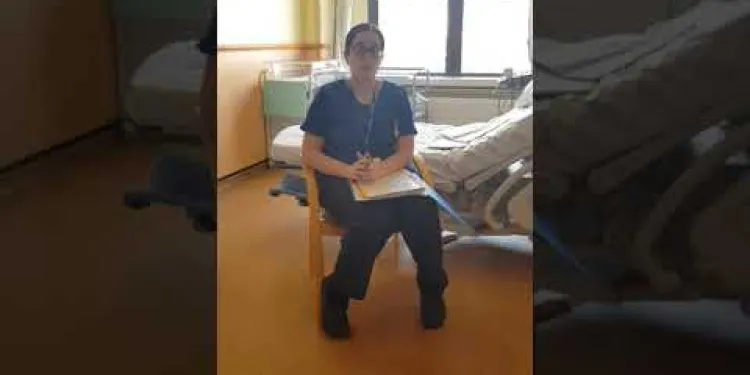
Postnatal Depression
Relevance: 92%
-
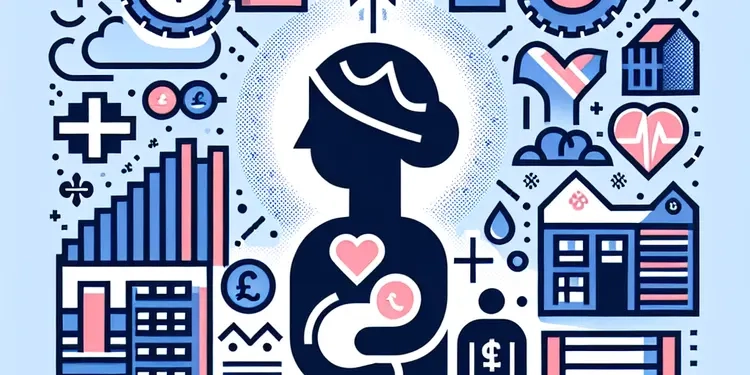
What is postnatal depression?
Relevance: 89%
-
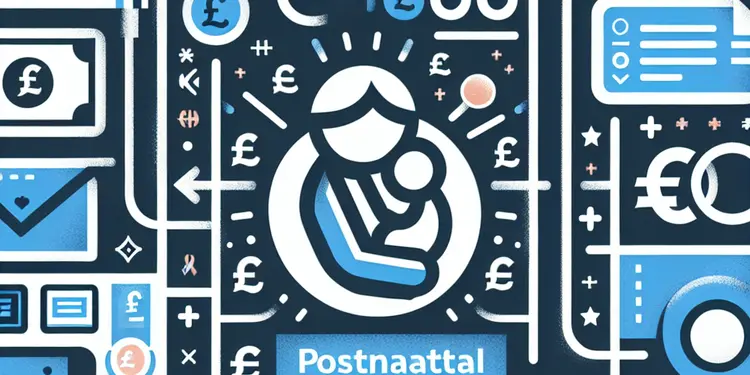
Is postnatal depression preventable?
Relevance: 83%
-
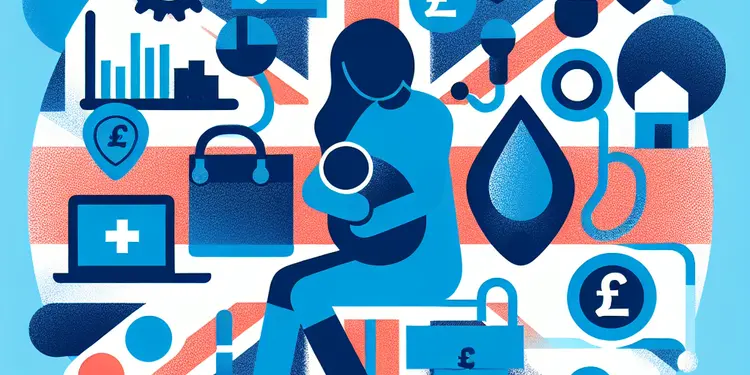
How is postnatal depression diagnosed?
Relevance: 83%
-
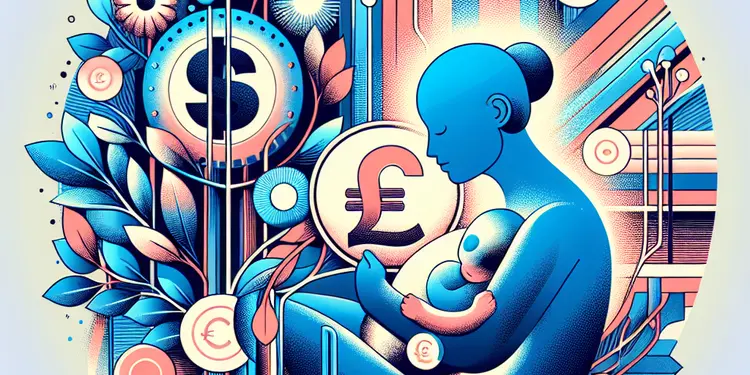
What are the symptoms of postnatal depression?
Relevance: 82%
-
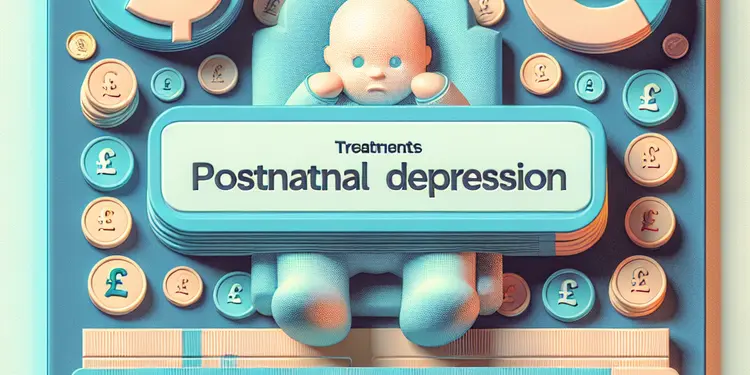
Are there treatments available for postnatal depression?
Relevance: 81%
-
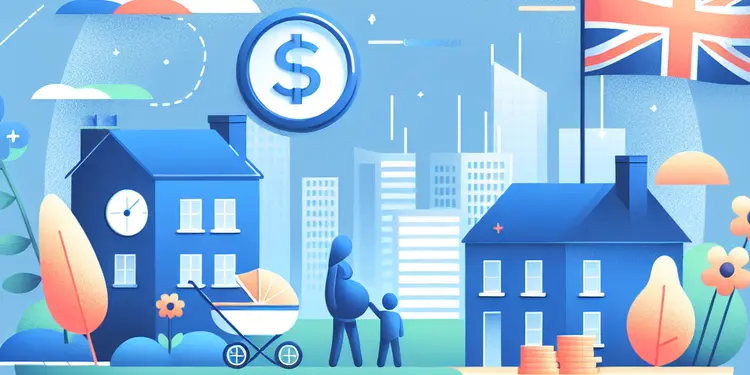
Is postnatal depression a long-term condition?
Relevance: 81%
-

Postnatal Depression - Leanne's Story
Relevance: 81%
-

Can fathers experience postnatal depression?
Relevance: 80%
-
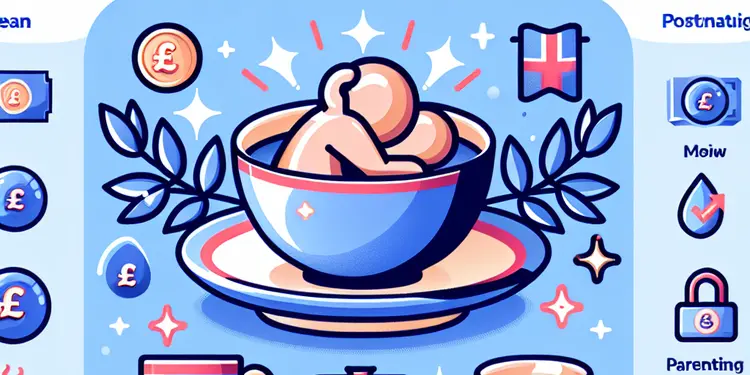
Are there support groups for postnatal depression?
Relevance: 79%
-
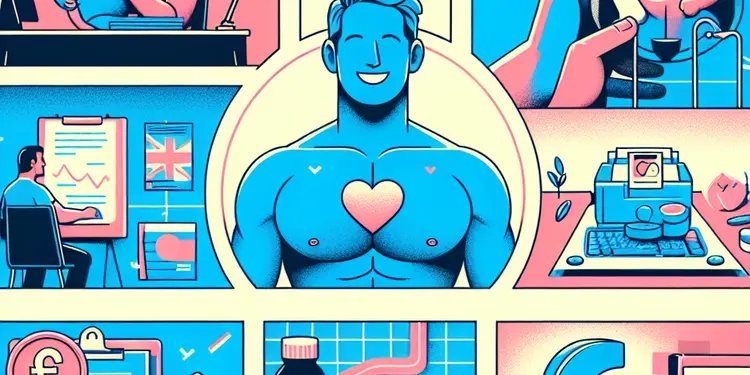
Is medication necessary for treating postnatal depression?
Relevance: 78%
-
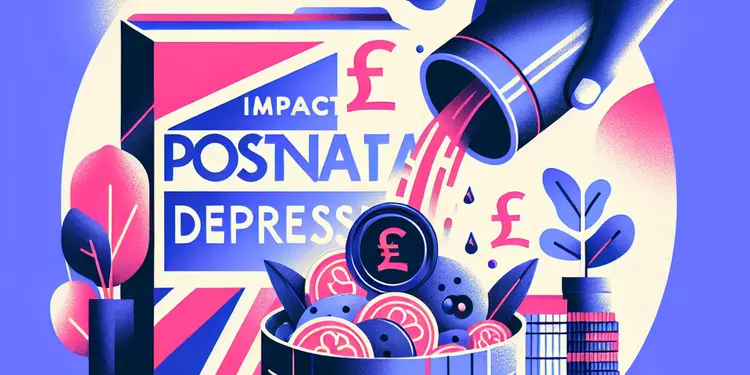
Can diet impact postnatal depression?
Relevance: 78%
-
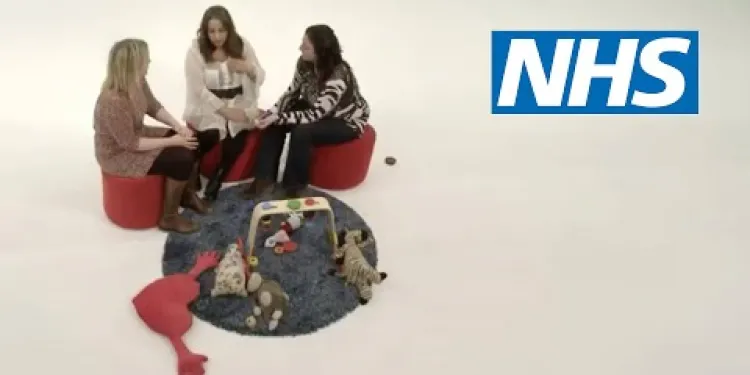
How do I know if I have postnatal depression? | NHS
Relevance: 77%
-
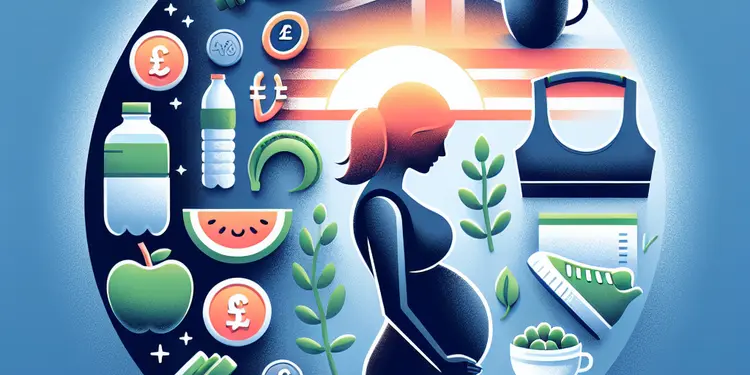
Can lifestyle changes help with postnatal depression?
Relevance: 77%
-
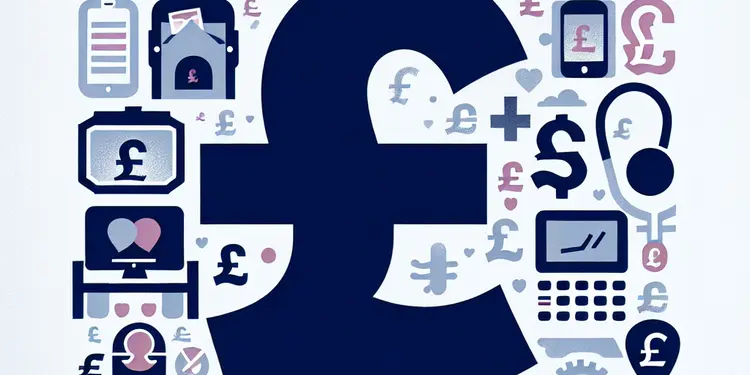
What should I do if I suspect I have postnatal depression?
Relevance: 75%
-
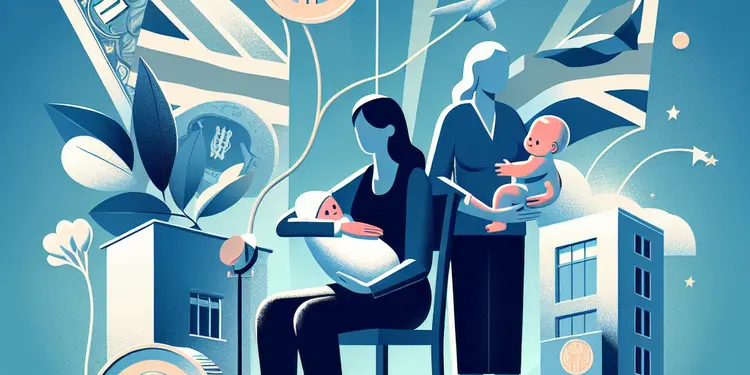
Can postnatal depression recur after treatment?
Relevance: 75%
-

Can postnatal depression affect subsequent pregnancies?
Relevance: 75%
-

Should someone with postnatal depression seek professional help?
Relevance: 73%
-
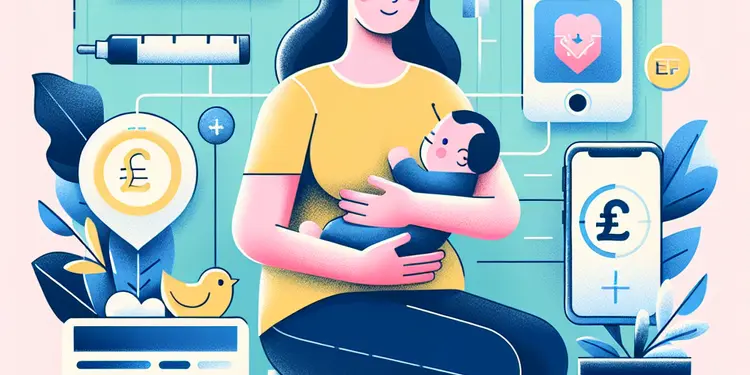
How is postnatal depression different from the 'baby blues'?
Relevance: 73%
-
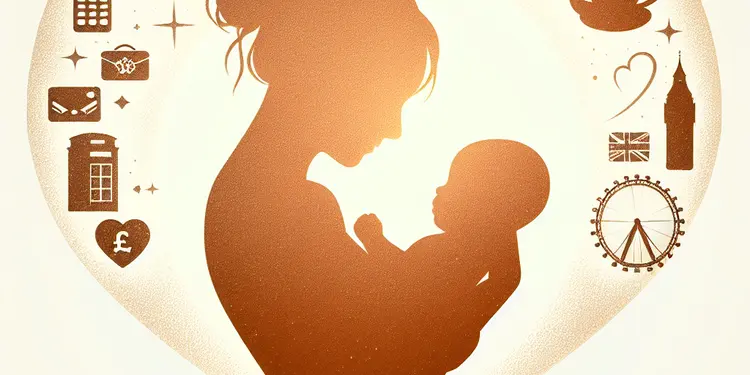
How does postnatal depression affect bonding with the baby?
Relevance: 72%
-
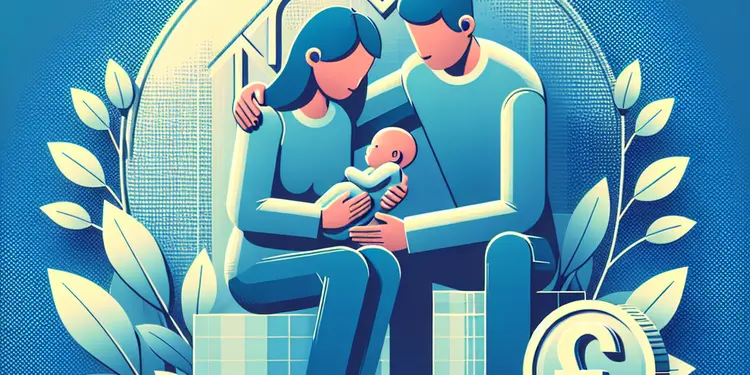
How can family members support someone with postnatal depression?
Relevance: 66%
-
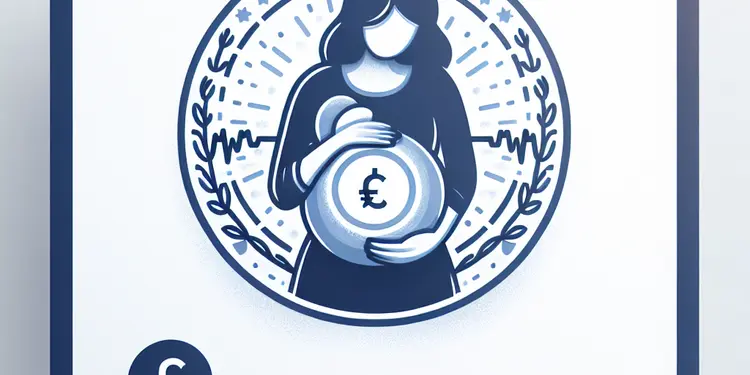
How soon after childbirth can postnatal depression occur?
Relevance: 50%
-
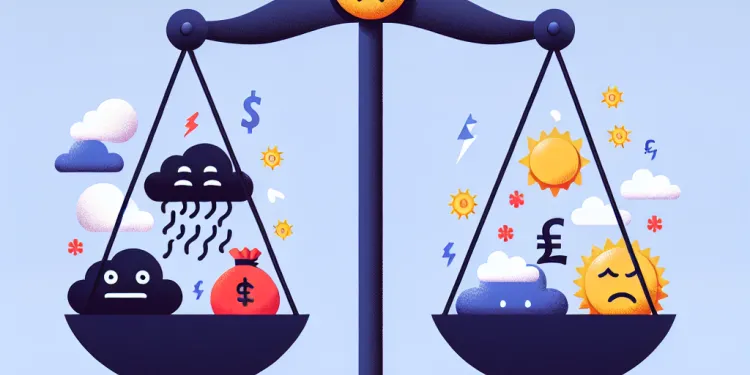
What role do unhealthy dynamics play in causing depression?
Relevance: 45%
-
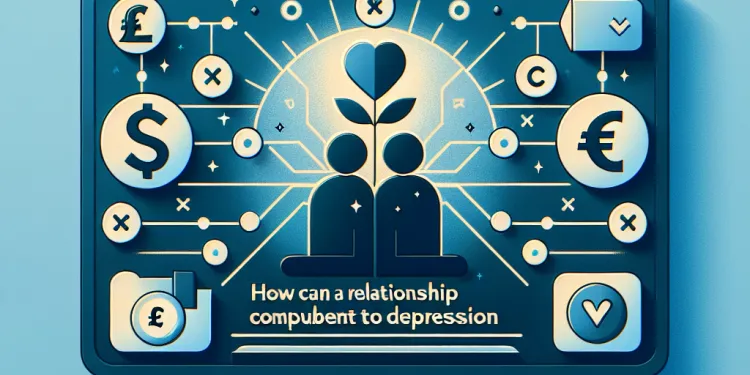
How can a relationship contribute to depression?
Relevance: 36%
-
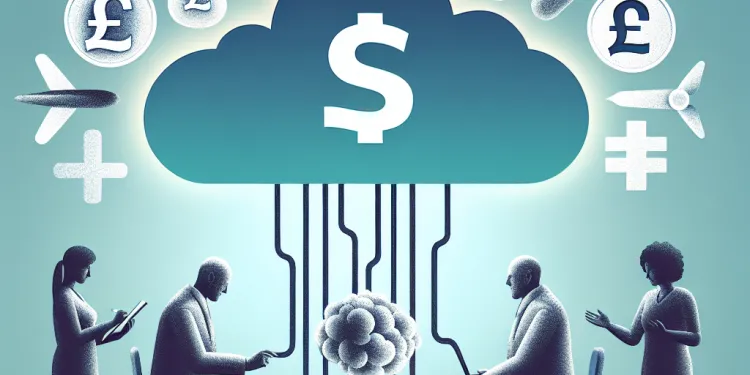
Can physical symptoms be linked to relationship-induced depression?
Relevance: 36%
-

Treating anxiety and depression - www.slam.nhs.uk
Relevance: 36%
-
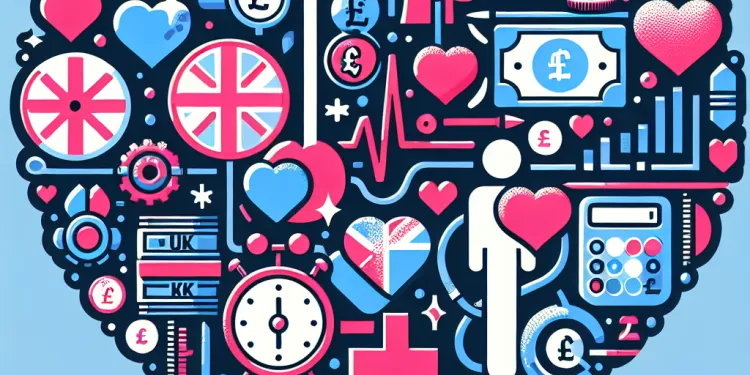
What are the signs that my relationship is making me depressed?
Relevance: 35%
-

Clinical depression: Lawrence's story | NHS
Relevance: 33%
-
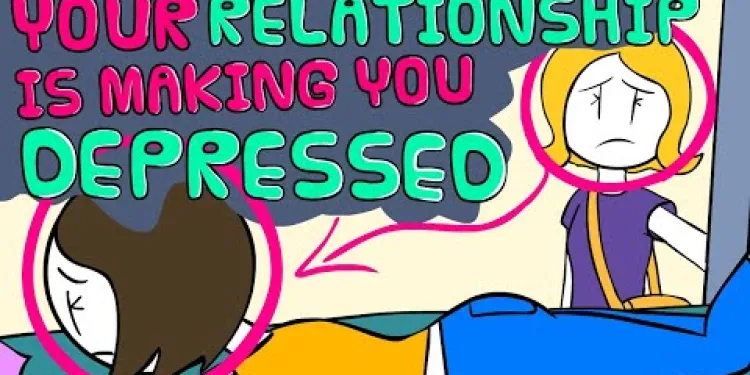
7 Signs Your Relationship is Making You Depressed
Relevance: 33%
-
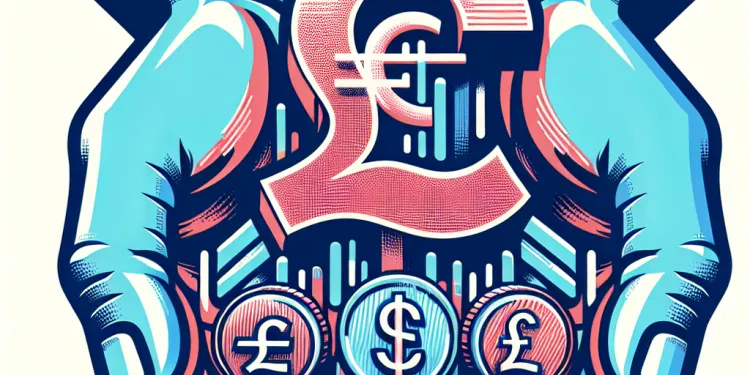
Are there any self-care strategies to cope with relationship-induced depression?
Relevance: 32%
-

I couldn't celebrate Hibs beating Hearts because I was that depressed
Relevance: 31%
-
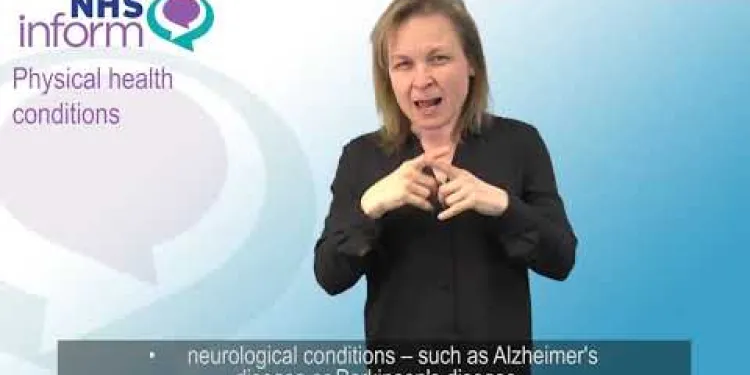
BSL - Causes of insomnia
Relevance: 31%
-
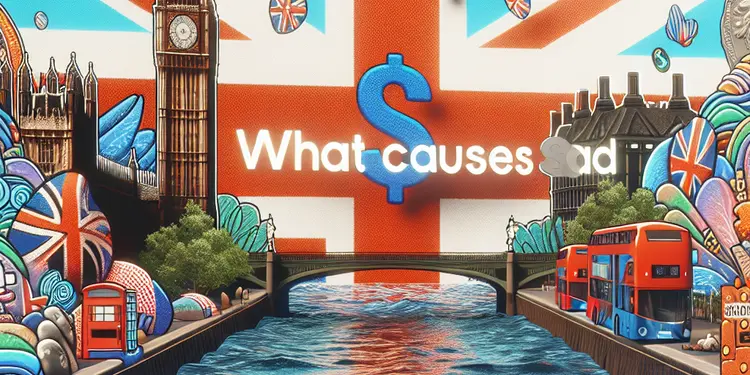
What causes SAD?
Relevance: 30%
-
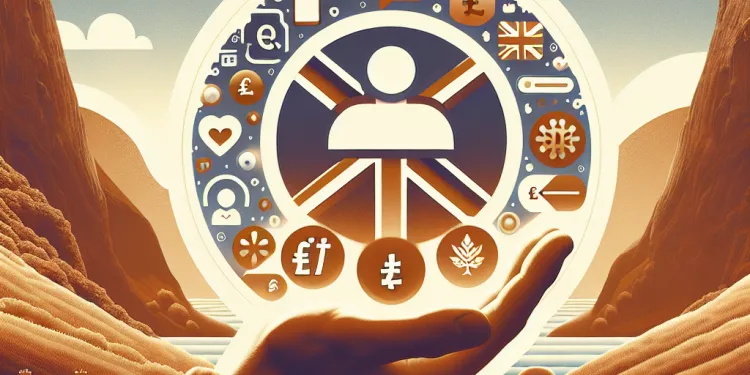
What should I do if my partner dismisses my feelings of depression?
Relevance: 28%
-

Is it possible for alcohol alone to cause similar symptoms?
Relevance: 28%
-
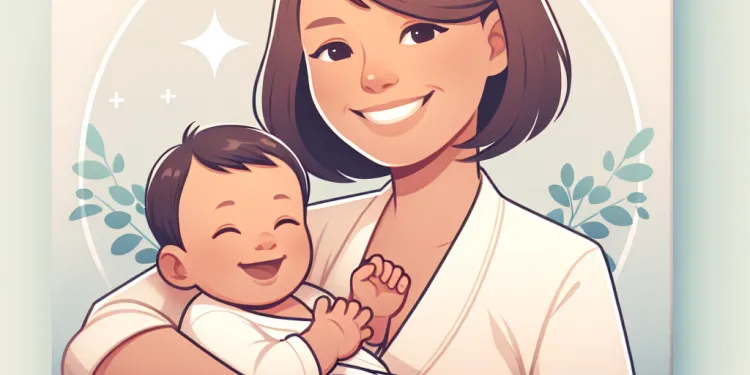
Postpartum Health: Mother and Baby
Relevance: 25%
-
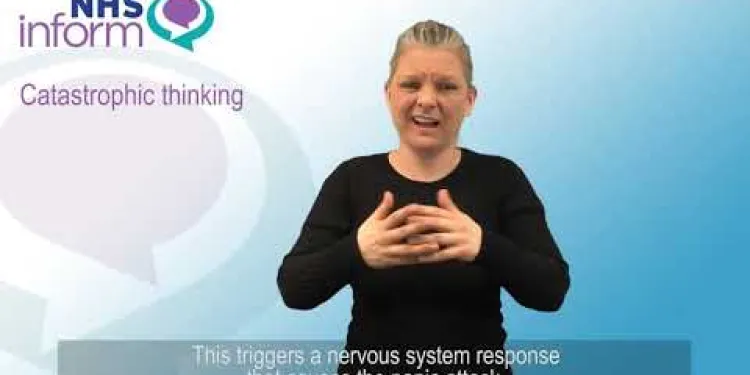
BSL - Causes of panic disorder
Relevance: 25%
-
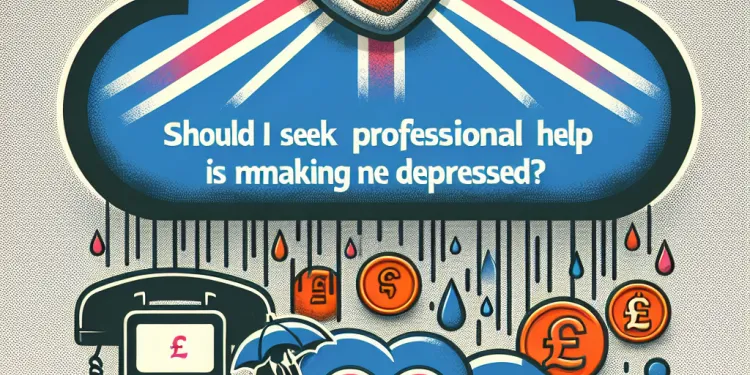
Should I seek professional help if my relationship is making me depressed?
Relevance: 24%
-
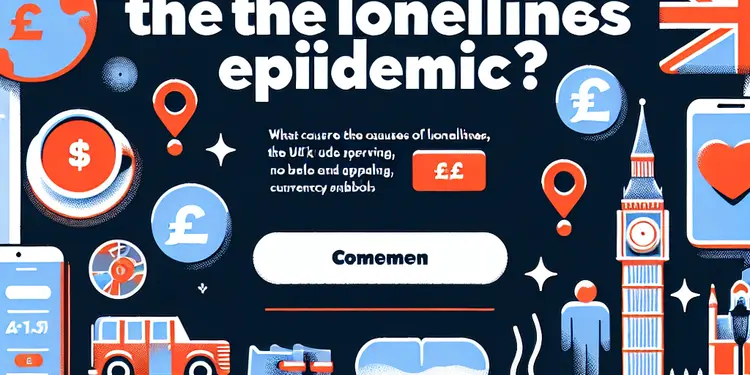
What are the causes of the loneliness epidemic?
Relevance: 24%
Understanding Postnatal Depression
Postnatal depression, often called postpartum depression, is a common condition affecting many new mothers in the UK. It can significantly impact a woman's ability to care for her newborn, as well as her overall well-being. Understanding the causes of postnatal depression can help in recognising the condition and seeking appropriate treatment.
Hormonal Changes
One of the primary causes of postnatal depression is the dramatic hormonal changes that occur after childbirth. After delivery, levels of oestrogen and progesterone, which are elevated during pregnancy, drop sharply. This sudden hormonal shift can affect a woman's mood, contributing to feelings of depression. Additionally, changes in thyroid hormones, which regulate energy and metabolism, can also play a role in mood disturbances experienced by new mothers.
Physical and Emotional Stress
The physical and emotional stress associated with childbirth and caring for a newborn can also contribute to postnatal depression. The physical recovery from childbirth, whether it's a vaginal delivery or a caesarean section, can be taxing on the body. Sleep deprivation is another common issue faced by new mothers, as newborns require constant attention both day and night. This lack of sleep can exacerbate feelings of stress and depression, making it difficult for mothers to cope with daily tasks.
Pre-Existing Mental Health Conditions
Women with a history of mental health issues, such as depression or anxiety, prior to or during pregnancy, may be at a higher risk for developing postnatal depression. A previous episode of depression, particularly linked to a previous pregnancy, can be a significant risk factor. Awareness and management of these conditions during pregnancy can help in reducing the risk of postnatal depression.
Social and Environmental Factors
Social and environmental factors can also play a crucial role in the development of postnatal depression. Lack of social support from family or friends can leave new mothers feeling isolated and overwhelmed. Financial stress, relationship problems, or stressful life events during or after pregnancy can also increase the likelihood of experiencing postnatal depression. A strong support system is vital for new mothers to help mitigate these challenges.
Other Contributing Factors
Other potential contributing factors include complications during childbirth, a difficult or unwanted pregnancy, and the impact of a newborn with health issues, such as premature birth or congenital problems. These situations can place an additional emotional burden on new mothers, increasing the risk of depression.
Conclusion
Postnatal depression is a complex condition with multiple causes. Recognising the signs and understanding the underlying factors can lead to early intervention and support for affected mothers. Health professionals can provide guidance and treatment options, ensuring that new mothers get the help they need to recover and enjoy their new role. By raising awareness about the causes of postnatal depression, society can better support new mothers during this challenging transition.
Understanding Postnatal Depression
Postnatal depression is also called postpartum depression. It is a common problem for many new mothers in the UK. It can make it hard for mums to take care of their new babies. It can also make mums feel sad or unwell. Knowing why postnatal depression happens can help mums get better and find the right help.
Hormonal Changes
Hormones in the body change a lot after having a baby. Before birth, some hormones are high. After the baby is born, these hormones drop very fast. This can make mums feel sad. Hormones that affect energy and mood can also change. These changes can make new mums feel upset or sad.
Physical and Emotional Stress
Having a baby is hard work. It can be tough on a mum's body and mind. After having a baby, a mum's body needs time to heal. New mums often do not get enough sleep. Babies need care all the time, day and night. Not sleeping enough can make mums feel more stressed and sad. This makes looking after a baby harder.
Pre-Existing Mental Health Conditions
Some mums had mental health problems like depression or anxiety before having a baby. This can make it more likely they will have postnatal depression. If a mum was sad or anxious before or during pregnancy, she might feel this way after the baby is born too. Knowing and treating these problems early can help.
Social and Environmental Factors
Things around mums can make postnatal depression worse. Not having help from family or friends can make mums feel alone. Money troubles, problems with partners, or big changes in life can add to stress. Having people to help and talk to is important for new mums.
Other Contributing Factors
Other things that can make it harder for new mums include having a hard birth, a pregnancy that was not planned, or if the baby has health problems. These can make mums feel extra worried or sad.
Conclusion
Postnatal depression has many causes. Knowing the signs can help mums get help quickly. Doctors and nurses can give advice and care. It is important for mums to get support so they can feel better and enjoy their babies. By learning more about postnatal depression, we can help mums during this important time.
Frequently Asked Questions
What is postnatal depression?
Postnatal depression is a type of mood disorder that can affect parents after the birth of a child.
What are the common causes of postnatal depression?
The causes can be a combination of physical changes, emotional factors, hormonal shifts, and life stress.
Can hormonal changes lead to postnatal depression?
Yes, dramatic hormonal changes after childbirth may contribute to postnatal depression.
How do stress and lack of sleep contribute to postnatal depression?
The stress of caring for a newborn and lack of sleep can exacerbate feelings of depression and anxiety.
Does a history of depression increase the risk of postnatal depression?
Yes, a personal or family history of depression can heighten the risk.
Can social isolation contribute to postnatal depression?
Yes, feeling isolated or lacking social support can contribute to the development of postnatal depression.
How do lifestyle factors impact postnatal depression risk?
Poor lifestyle habits, such as inadequate nutrition and physical inactivity, may increase the risk.
Is there a genetic link to postnatal depression?
There may be a genetic predisposition to mood disorders, which includes postnatal depression.
How do emotional factors play a role in postnatal depression?
Emotional turmoil, anxiety about parenthood, and feelings of inadequacy can contribute to postnatal depression.
Does experiencing a traumatic childbirth increase the risk of postnatal depression?
Yes, a traumatic birth experience can increase the risk of postnatal depression.
Can relationship problems lead to postnatal depression?
Yes, relationship stress or lack of support from a partner can be a contributing factor.
How does financial stress influence postnatal depression?
Financial worries can add to the stress and anxiety, potentially leading to postnatal depression.
Are mothers the only ones affected by postnatal depression?
No, fathers and non-birthing parents can also experience postnatal depression.
Can expectations about parenthood influence postnatal depression?
Unrealistic expectations about parenthood can lead to stress and dissatisfaction, contributing to depression.
How can a lack of support from family or community affect postnatal depression?
Feeling unsupported can increase feelings of isolation and sadness, potentially leading to depression.
Does postpartum hormonal treatment help with reducing the risk of postnatal depression?
While hormone treatments can be part of a treatment plan, their effectiveness can vary among individuals.
Can physical health problems after childbirth contribute to postnatal depression?
Yes, physical health issues such as recovery from cesarean section or complications can contribute to stress and depression.
Is there a link between breastfeeding and postnatal depression?
Breastfeeding can be associated with stress due to difficulties, but it also has protective emotional benefits for some.
Can unmet expectations about the birth experience lead to postnatal depression?
Disappointments regarding the birth process or outcome can increase the risk of postnatal depression.
How does personality type affect the risk of postnatal depression?
Individuals with certain personality traits, such as high anxiety or perfectionism, may be more susceptible.
What is postnatal depression?
Postnatal depression is when a new mum feels very sad after having a baby. It can make her feel tired and upset. This happens because of changes in the body and mind after the baby is born.
How can you feel better?
- Talk to someone you trust, like a friend or family member.
- Go for a short walk outside to get some fresh air.
- Ask your doctor for help. They can give you advice and support.
Remember:
- You are not alone. Lots of mums feel this way.
- It’s okay to ask for help when you need it.
Postnatal depression is a kind of feeling sad or upset that can happen to parents after their baby is born.
What makes some people sad after having a baby?
Some people feel very sad after their baby is born. This is called postnatal depression. Here are some things that can cause it:
- Feeling very tired after having the baby
- Big changes in your life and body
- Worrying about taking care of the baby
- Not sleeping well
- Feeling alone
- If other people in your family have been sad after having a baby
If you feel this way, talking to someone can help. You can talk to a doctor or a friend. Playing calming music or joining a support group can also make you feel better.
There are different reasons why this happens. It can be because of changes in the body, feelings and emotions, changes in hormones, or stress from life.
Can changes in hormones make new mums feel very sad?
Yes, after a baby is born, the hormones in a mum's body change a lot. This can make her feel very sad, which is called postnatal depression.
How do stress and not enough sleep cause postnatal depression?
Having a baby is a big change. It can make a new mom feel worried and tired. If a mom feels stressed or doesn't sleep well, it can make her very sad. This is called postnatal depression.
Stress is when you feel worried or upset a lot. Taking care of a baby can be hard, which can make stress worse.
Not sleeping enough makes it hard to feel good. When a mom doesn't get enough sleep, she might feel more down.
Talking to someone can help. A doctor or a therapist can give good advice. Asking family or friends for help with the baby can also help a mom feel better.
Looking after a new baby can be hard and make you feel very tired. This can make you feel sad or worried a lot.
Does having depression before make it more likely to get sad after having a baby?
Depression is when someone feels really sad for a long time. Sometimes, people who have been depressed before might feel sad again after having a baby. This is called postnatal depression.
To help understand better, it might be good to talk with a doctor or nurse. They can explain how to feel better.
There are some things that can help, like talking to a trusted adult or looking at pictures or videos that make you happy.
Remember, it's okay to ask for help if you feel sad.
Yes, if you or someone in your family has had depression, it can make it more likely that you will have it too.
Can being alone make new mothers feel sad?
Yes, feeling alone or not having enough help from friends and family can lead to postnatal depression.
How do lifestyle choices affect the chance of feeling sad after having a baby?
Bad habits, like not eating well and not moving much, might make you sick.
Can someone's genes cause sadness after having a baby?
Some people might be more likely to have mood problems because of their genes. This can include feeling very sad after having a baby.
How do feelings affect postnatal depression?
Postnatal depression can happen after having a baby. Feelings can be a big part of it. When you feel sad, worried, or lonely, it can change how you feel and think. These feelings can make postnatal depression worse.
If you have strong feelings after your baby is born, it's important to talk to someone. You can talk to a friend, family member, or a doctor. Writing in a diary or drawing pictures can help too. Taking deep breaths and doing things you like can also make you feel better.
Feeling very upset, worried about being a parent, and thinking you are not good enough can make some people feel very sad after having a baby.
Can a scary or upsetting birth make post-birth sadness more likely?
Having a scary or upsetting time when the baby is born can make feeling very sad afterwards more likely. Here are some ways to help:
- Talk to someone you trust, like a family member or friend.
- Ask a doctor or nurse for help.
- Join support groups where you can share your feelings.
Yes, a difficult or scary birth can make it more likely for a mom to feel sad or upset afterwards. This is called postnatal depression.
Can problems with relationships cause sadness after having a baby?
When people have big problems with their family or friends, it can make them feel very sad after having a baby. This sadness is called postnatal depression. It is important to talk to someone if you feel sad. Talking to a doctor, a friend, or a family member can help you feel better.
Some things can help with feeling sad:
- Talking to a kind person like a doctor or counselor.
- Spending time with people who make you happy.
- Doing things you enjoy, like listening to music or drawing.
- Getting enough sleep and eating healthy food.
Always ask for help if you feel very sad. It is okay to ask for help.
Yes, feeling stressed in a relationship or not getting help from a partner can be a problem.
How does money stress affect sadness after having a baby?
Worrying about money can make you feel more stressed and upset. This can sometimes cause feeling very sad after having a baby.
Do only mothers get sad after having a baby?
No, dads and other parents who didn’t give birth can also feel sad after a baby is born. This is called postnatal depression.
Can what we think about being a parent change how we feel after a baby is born?
Having a baby is a big change. Sometimes, new parents feel sad or worried after their baby is born. This is called postnatal depression.
What we think about being a parent can change how we feel. If we think being a parent will be easy but then find it hard, we might feel upset.
There are ways to feel better. Talking to someone you trust can help. Drawing or writing about your feelings is good too.
If you feel very sad or worried, talking to a doctor can be helpful.
Having dreams about parenting that are not real can make you feel upset and unhappy. This can lead to feeling very sad, called depression.
How does not getting help from family or community affect feeling sad after having a baby?
Having a baby is a big change. New moms can feel really sad, and this is called postnatal depression. Getting help from family and friends is important.
If a new mom doesn't get help, she might feel more alone. This can make her feel even sadder and more tired.
It’s important for family and friends to listen and help new moms. Talking to a doctor or joining a support group can also help.
Sometimes, when people do not feel supported, they can feel very alone and sad. This can make them feel like they have a big, dark cloud over them, which we call depression.
Can medicine help new moms feel happier after having a baby?
Having a baby is a big change. Some moms may feel very sad after their baby is born. This is called postnatal depression.
Doctors sometimes give medicine to help new moms feel better. This medicine can change hormones in the body.
If you are feeling sad after having a baby, talk to a doctor or nurse. They can help you find support. Talking to a friend or family member can also be helpful.
Hormone treatments might help some people, but they may not work the same for everyone.
Can problems with health after having a baby cause feeling very sad?
Sometimes, a mom's body can feel not well after having a baby. This can make her feel very sad or upset. When a mom feels sad after her baby is born, it is called postnatal depression.
Getting help from family, friends, or doctors can make things better. Talking to someone or joining a support group can help too.
Yes, having problems with your body, like getting better after a cesarean section (a type of surgery to have a baby) or other health problems, can make you feel worried and sad.
Is there a connection between breastfeeding and feeling sad after having a baby?
Breastfeeding might be stressful because it can be hard. But it can also make some people feel happy and safe.
Can feeling upset about how a birth went make a new mom feel very sad?
When the baby's birth does not go as planned, it might make the new mom feel sad or upset.
This feeling is called postnatal depression. It is when a mom feels very sad after having a baby.
If you feel like this, here are some ways to get help:
- Talk to Someone: Share your feelings with a friend, family member, or doctor.
- Find Support Groups: Join groups where moms talk about their feelings together.
- Relax and Rest: Try to get enough sleep and take naps when the baby sleeps.
- Healthy Habits: Eat well and try to go for short walks outside.
Remember, asking for help is okay. You are not alone.
Feeling upset about how your baby was born or the outcome can make it more likely for new moms to feel very sad after having a baby. This is called postnatal depression.
Here are some things that might help:
- Talk to someone you trust about how you feel.
- Take deep breaths to help you relax.
- Rest when your baby sleeps if you can.
- Ask for help from family and friends.
- Consider joining a support group for new parents.
- If you still feel very sad, talk to a doctor or nurse.
How can your personality affect getting sad after having a baby?
Some people might find it easier to feel worried or want everything to be perfect. This can affect their feelings more.
Useful Links
This website offers general information and is not a substitute for professional advice.
Always seek guidance from qualified professionals.
If you have any medical concerns or need urgent help, contact a healthcare professional or emergency services immediately.
Some of this content was generated with AI assistance. We’ve done our best to keep it accurate, helpful, and human-friendly.
- Ergsy carfully checks the information in the videos we provide here.
- Videos shown by Youtube after a video has completed, have NOT been reviewed by ERGSY.
- To view, click the arrow in centre of video.
- Most of the videos you find here will have subtitles and/or closed captions available.
- You may need to turn these on, and choose your preferred language.
- Go to the video you'd like to watch.
- If closed captions (CC) are available, settings will be visible on the bottom right of the video player.
- To turn on Captions, click settings .
- To turn off Captions, click settings again.
More Items From Ergsy search
-

What causes postnatal depression?
Relevance: 100%
-

Postnatal Depression
Relevance: 92%
-

What is postnatal depression?
Relevance: 89%
-

Is postnatal depression preventable?
Relevance: 83%
-

How is postnatal depression diagnosed?
Relevance: 83%
-

What are the symptoms of postnatal depression?
Relevance: 82%
-

Are there treatments available for postnatal depression?
Relevance: 81%
-

Is postnatal depression a long-term condition?
Relevance: 81%
-

Postnatal Depression - Leanne's Story
Relevance: 81%
-

Can fathers experience postnatal depression?
Relevance: 80%
-

Are there support groups for postnatal depression?
Relevance: 79%
-

Is medication necessary for treating postnatal depression?
Relevance: 78%
-

Can diet impact postnatal depression?
Relevance: 78%
-

How do I know if I have postnatal depression? | NHS
Relevance: 77%
-

Can lifestyle changes help with postnatal depression?
Relevance: 77%
-

What should I do if I suspect I have postnatal depression?
Relevance: 75%
-

Can postnatal depression recur after treatment?
Relevance: 75%
-

Can postnatal depression affect subsequent pregnancies?
Relevance: 75%
-

Should someone with postnatal depression seek professional help?
Relevance: 73%
-

How is postnatal depression different from the 'baby blues'?
Relevance: 73%
-

How does postnatal depression affect bonding with the baby?
Relevance: 72%
-

How can family members support someone with postnatal depression?
Relevance: 66%
-

How soon after childbirth can postnatal depression occur?
Relevance: 50%
-

What role do unhealthy dynamics play in causing depression?
Relevance: 45%
-

How can a relationship contribute to depression?
Relevance: 36%
-

Can physical symptoms be linked to relationship-induced depression?
Relevance: 36%
-

Treating anxiety and depression - www.slam.nhs.uk
Relevance: 36%
-

What are the signs that my relationship is making me depressed?
Relevance: 35%
-

Clinical depression: Lawrence's story | NHS
Relevance: 33%
-

7 Signs Your Relationship is Making You Depressed
Relevance: 33%
-

Are there any self-care strategies to cope with relationship-induced depression?
Relevance: 32%
-

I couldn't celebrate Hibs beating Hearts because I was that depressed
Relevance: 31%
-

BSL - Causes of insomnia
Relevance: 31%
-

What causes SAD?
Relevance: 30%
-

What should I do if my partner dismisses my feelings of depression?
Relevance: 28%
-

Is it possible for alcohol alone to cause similar symptoms?
Relevance: 28%
-

Postpartum Health: Mother and Baby
Relevance: 25%
-

BSL - Causes of panic disorder
Relevance: 25%
-

Should I seek professional help if my relationship is making me depressed?
Relevance: 24%
-

What are the causes of the loneliness epidemic?
Relevance: 24%


